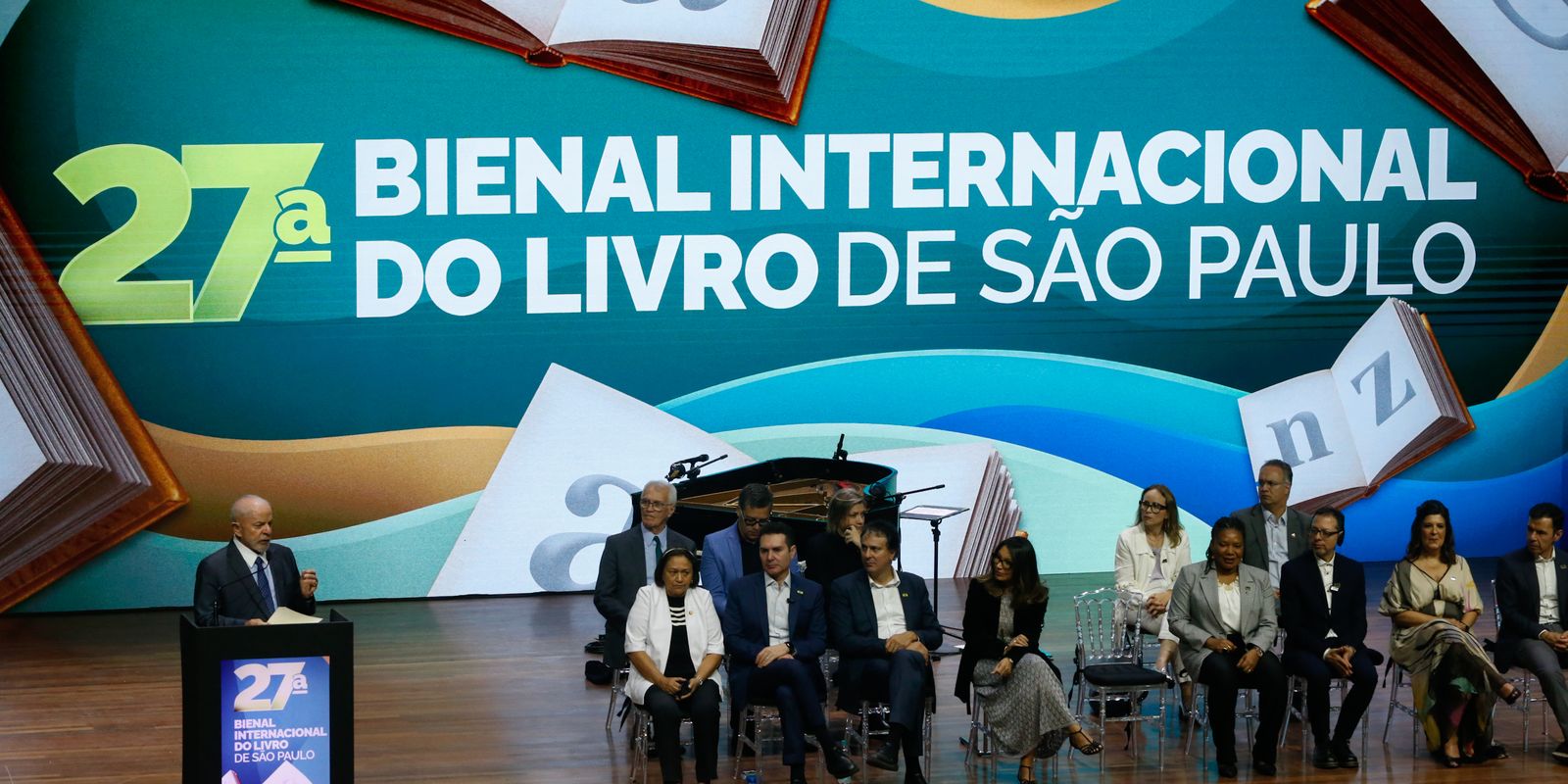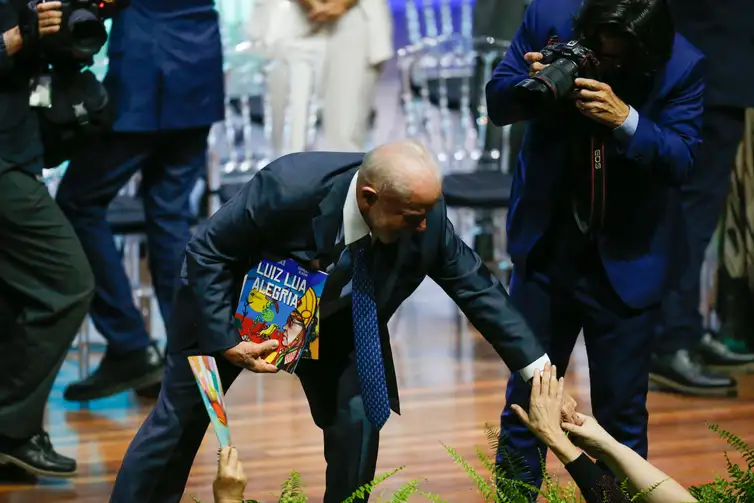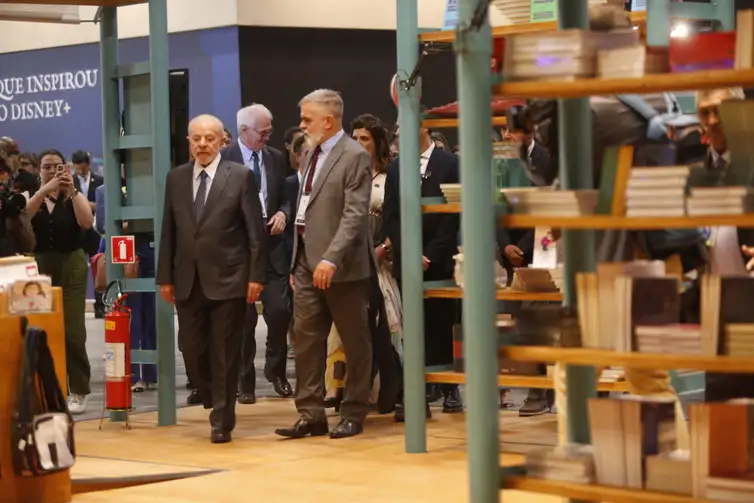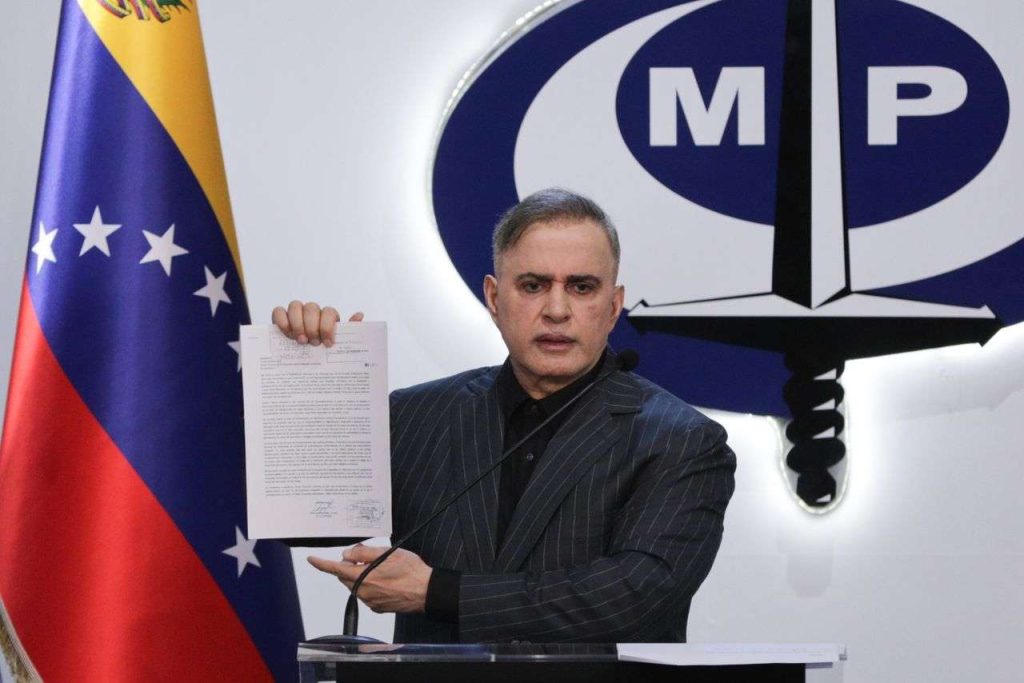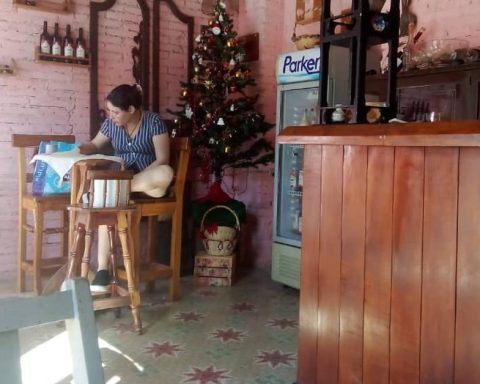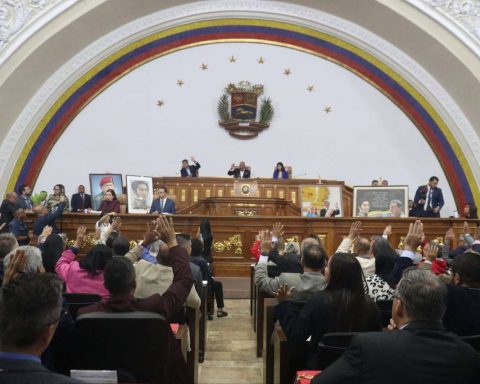President Luiz Inácio Lula da Silva signed the decree regulating the National Reading and Writing Policy (PNLE) on Thursday night (5). The signing was made during the opening of the 27th edition of the São Paulo International Book Biennial, in the capital of São Paulo.
With the regulation, the federal government will be able to create a new National Book and Reading Plan (PNLL), which is currently not in force in the country. Created in 2011, the PNLL defines a series of actions to promote books and reading that must be carried out by the state.
“We are back to reaffirm that literature, like cinema, music, theater, circus, dance, and practical arts, nourishes the soul of a people. One of our goals is to make Brazil a country of readers. Books are fundamental to our education and understanding of the world. Literature is a human right, as the great Brazilian Antonio Candido rightly defined it. [de Mello e Souza, crítico literário e sociólogo]”, highlighted the president.
“Each of the six thousand public libraries in Brazil will receive an initial collection of 800 literary works. And, from now on, the new Minha Casa Minha Vida housing complexes will have libraries with 500 books available to families,” he added.
According to the federal government, the PNLL will be in force between 2025 and 2034, and will be built based on discussions with civil society. The first public consultation meeting will also take place at the Bienal, in São Paulo.
At the opening of the event, the Minister of Education, Camilo Santana, also authorized a new call for proposals for the National Book and Teaching Material Program (PNLD) Equity and an additional R$50 million for the purchase of literary collections from the PNLD Early Childhood Education Program. “We are resuming and expanding financial investment and technical support so that, throughout the country, education and culture can help transform the lives of children, adolescents, young people and their families,” said the Minister.
